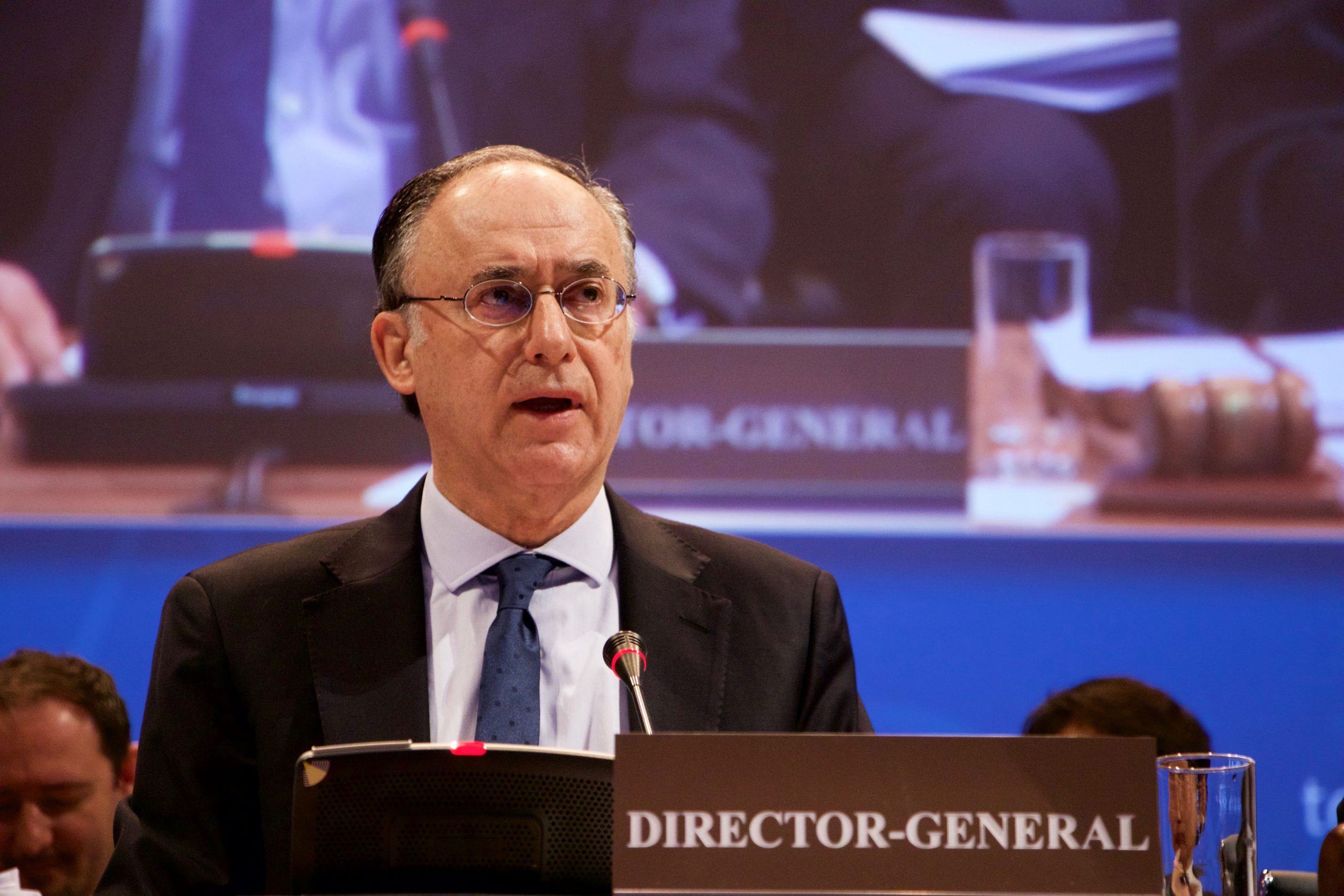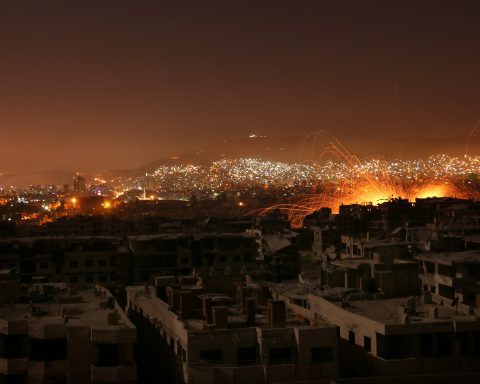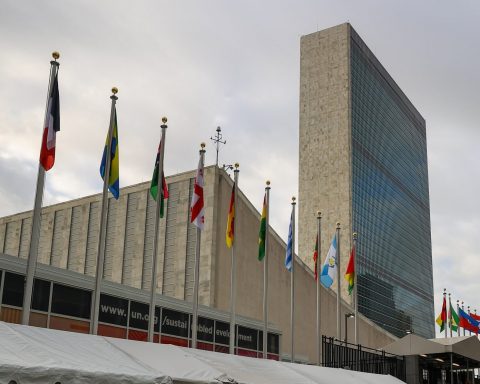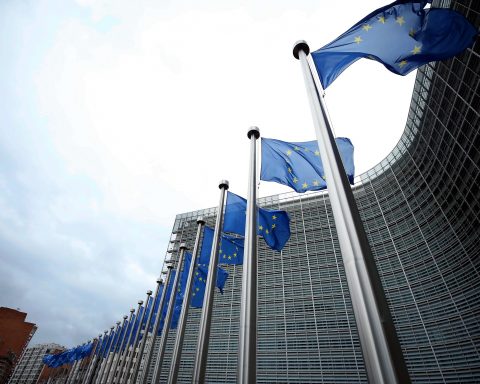The head of the international chemical weapons watchdog told the UN Security Council that its experts have investigated 77 allegations against the Assad regime and concluded that 17 cases were detected where chemical weapons were likely or definitely used.
Director-General Fernando Arias called it “a disturbing reality” that eight years after Syria joined the Chemical Weapons Convention, which bans the production or use of such weapons, many questions remain about its initial declaration of its weapons, stockpiles and precursors, and its ongoing program.
He said Thursday that the Organization for the Prohibition of Chemical Weapons (OPCW) will be taking up a new issue at its next consultations with the Assad government — “the presence of a new chemical weapons agent found in samples collected in large storage containers in September 2020.”
Arias said he sent a letter informing the Assad government that he intended to send an OPCW team to look into this issue from May 18 to June 1 and requested visas, but never got a response. He said he informed the regime that he was postponing the arrival to May 28.
With no reply from the Assad regime by May 26, he said, “I decided to postpone the mission until further notice.”
Syria was pressed to join the Chemical Weapons Convention in September 2013 by its close ally Russia after a deadly chemical weapons attack, that the West blamed on Damascus. By August 2014, Bashar al-Assad’s government declared that the destruction of its chemical weapons was completed. But its initial declaration to the OPCW has remained in dispute.
In April 2020, OPCW investigators blamed three chemical attacks in 2017 on the Assad government. The OPCW Executive Council responded by demanding that the regime provide details.
When it did not, France submitted a draft measure on behalf of 46 countries in November to suspend Syria’s “rights and privileges” in the global watchdog. In an unprecedented vote on April 21, the OPCW suspended Syria’s rights until all outstanding issues are resolved.
Russia has sharply criticized the OPCW and its investigators, accusing them of factual and technical errors and acting under pressure from Western nations.
The Russian ambassador said he was surprised that Arias expressed surprise that Syria was not cooperating with the OPCW investigation team charged with determining responsibility for chemical attacks.














